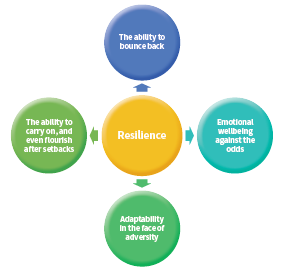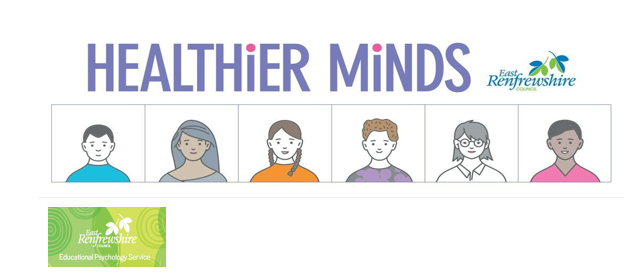
Resilience is our ability to manage life’s challenges, bounce back from adversity, and move forward. Children, young people and families all differ in their resilience. Resilience is something that changes depending upon our situation. Many different things contribute to our resilience, in both positive and negative ways.
How a child or young person manages a difficult time will depend upon the support around them, the coping strategies they have and the significance they place on each of their experiences. If your child is generally feeling positive about their coping strategies and the people around them who provide support, and if they have some confidence in the possibility that things will change for the better, then they are more likely to bounce back when faced with a challenge.
Our level of resilience develops and changes over time through our responses to challenging life experiences. We learn and develop certain skills through our successes and failures, and these can influence how resilient we become when faced with new challenges. Resilience becomes stronger through coping with different types of risk and challenging situations that are age appropriate and manageable. However modern life means that children sometimes do not experience as many of these challenges or risks in the earlier years, than previous generations.
For example, children often don’t play unsupervised outside the family home or in the school playground. Many children go to adult organised activities. Although they still have to negotiate through play, make decisions, compromise and problem solve, there is almost always an adult to fix things if they go wrong. With the best of intentions, adults try to protect children from risk and failure. In many ways this is a good thing. However as a child becomes a teenager and the risks and challenges increase, if they have little or no lived experience of managing stressful situations, they might struggle to cope.
The challenges and pressures that young people now face have become very complex. However, these challenges are common and with the right help they can be overcome.

